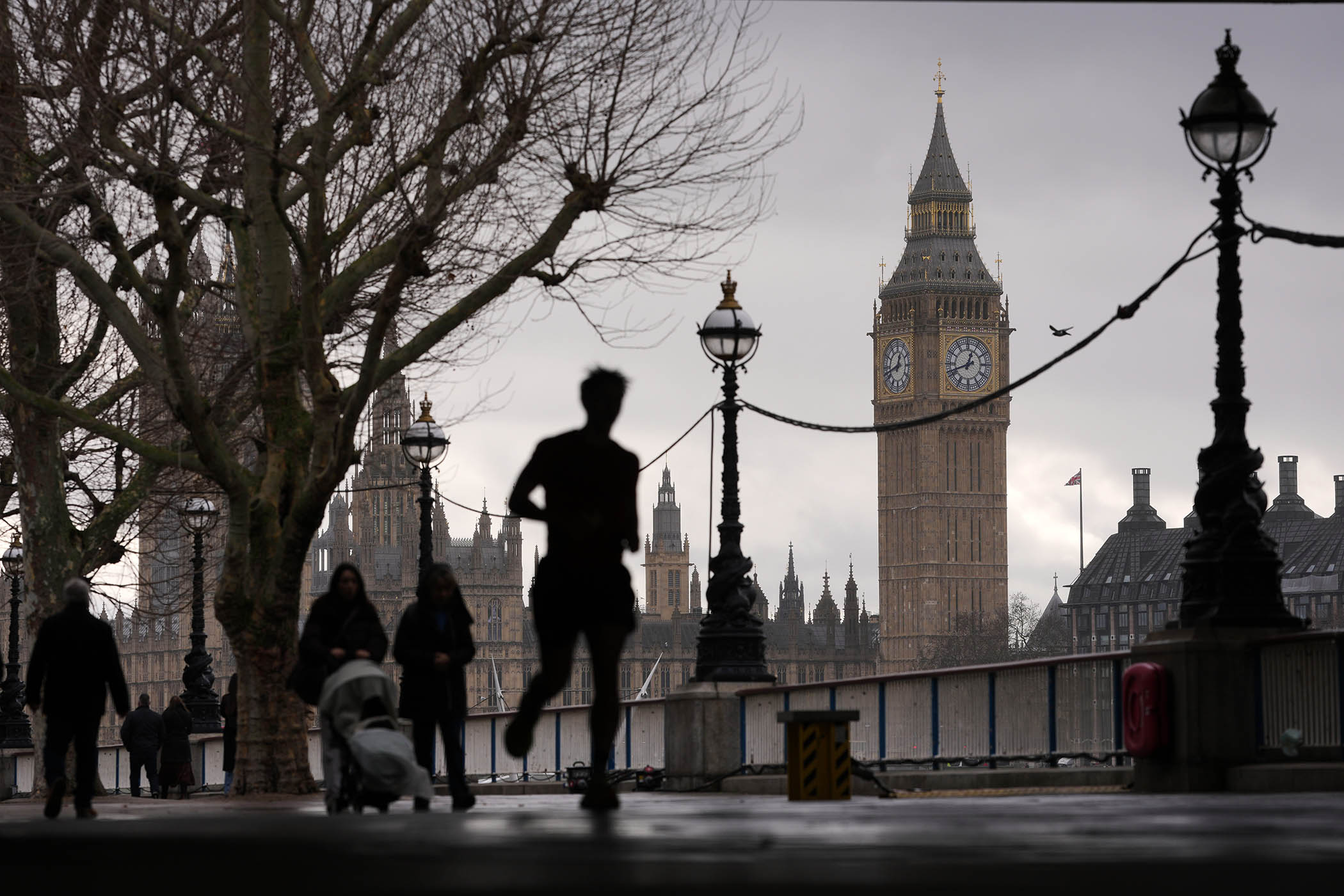Labour MPs have cast doubts about Treasury briefings that the chancellor’s decision to row back on plans to raise income tax is based on better-than-expected economic forecasts. The decision is political, they claim.
The bombshell U-turn, revealed by the Financial Times last night, comes after weeks of briefings and speeches indicating that Rachel Reeves was prepared to break the government’s manifesto commitment not to raise income tax, national insurance or VAT.
As recently as last week, sources were indicating that a 2p income tax hike was all but nailed on.
The proposed tax increase was not a usual kite-flying exercise. Conscious of the political firestorm it would provoke, Reeves gave a highly unusual pre-budget speech last Tuesday in an attempt to prepare the markets. Behind the scenes, Labour MPs have been receiving briefings from senior economist Kitty Ussher, warning about the gilt market reaction to any would-be rebellion.
And yet on Monday, the Treasury is said to have “ripped up” its controversial income tax plans, after receiving fresh data from the Office for Budget Responsibility (OBR) that meant Reeves did not need to take the nuclear option.
Instead, the chancellor is planning to take a “smorgasbord” approach in the 26 November budget which includes lowering income tax thresholds, a gambling levy and a winding-down of salary sacrifice schemes.
Treasury sources insist the change of tack is down to OBR forecasts, but stressed that the chancellor still had “big, tough choices” on tax and spending. Reeves’s focus remains “higher headroom and lower inflation”, they added.
The sources denied that it was a “knee-jerk” reaction to Keir Starmer’s leadership woes, arguing that the decision had been purely down to the strength of receipts on wage performance, and strong productivity numbers. As a result, the OBR reckons the hole in the public finances is now closer to £20bn, rather than the £30bn expected.
The ultimate decision will be based on the fifth and final round of OBR estimates, due at the back end of next week, although forecasts are not expected to change wildly at this stage. Assuming they don’t, income tax will remain off the table.
But Labour MPs, including several ministers, told The Observer they believed the decision was driven almost entirely by political considerations, with No 10 increasingly concerned about rival power bases that pose a threat to Starmer’s leadership.
Newsletters
Choose the newsletters you want to receive
View more
For information about how The Observer protects your data, read our Privacy Policy
One said he “doubted” the official reason given, instead pointing to Lucy Powell’s recent intervention on income tax. The newly elected deputy leader, who is seen as the standard bearer for the Labour soft left, told BBC Radio 5 Live it was “really important we stand by the promises we were elected on and do what we said we would do”.
“In my opinion, [Powell is] the most powerful person in government, despite not having a cabinet role,” the MP said.
Others pointed to the sense of perma-crisis that has engulfed the government in recent weeks, culminating in what is widely seen as the unforced error of Downing Street aides widely briefing that they expected leadership threats to be mounted.
One minister said: “It’s a fucking joke. The whole point of this budget was to put us in the best possible position for the next election. Not going big fails that test.”
Of this week’s chaos, he added: “It’s actually brought MPs closer together against the PM, including people who were previously mutually suspicious. MPs from totally different factions and camps are all now talking, think Keir is done, and are prepared to take risks for an alternative.”
Another minister agreed. “It’s like they’re in crisis mode and just totally flapping. At this point I’d take anyone [else as leader]. Just make it stop.”
Photograph by Joe Giddens/WPA Pool via Getty Images



